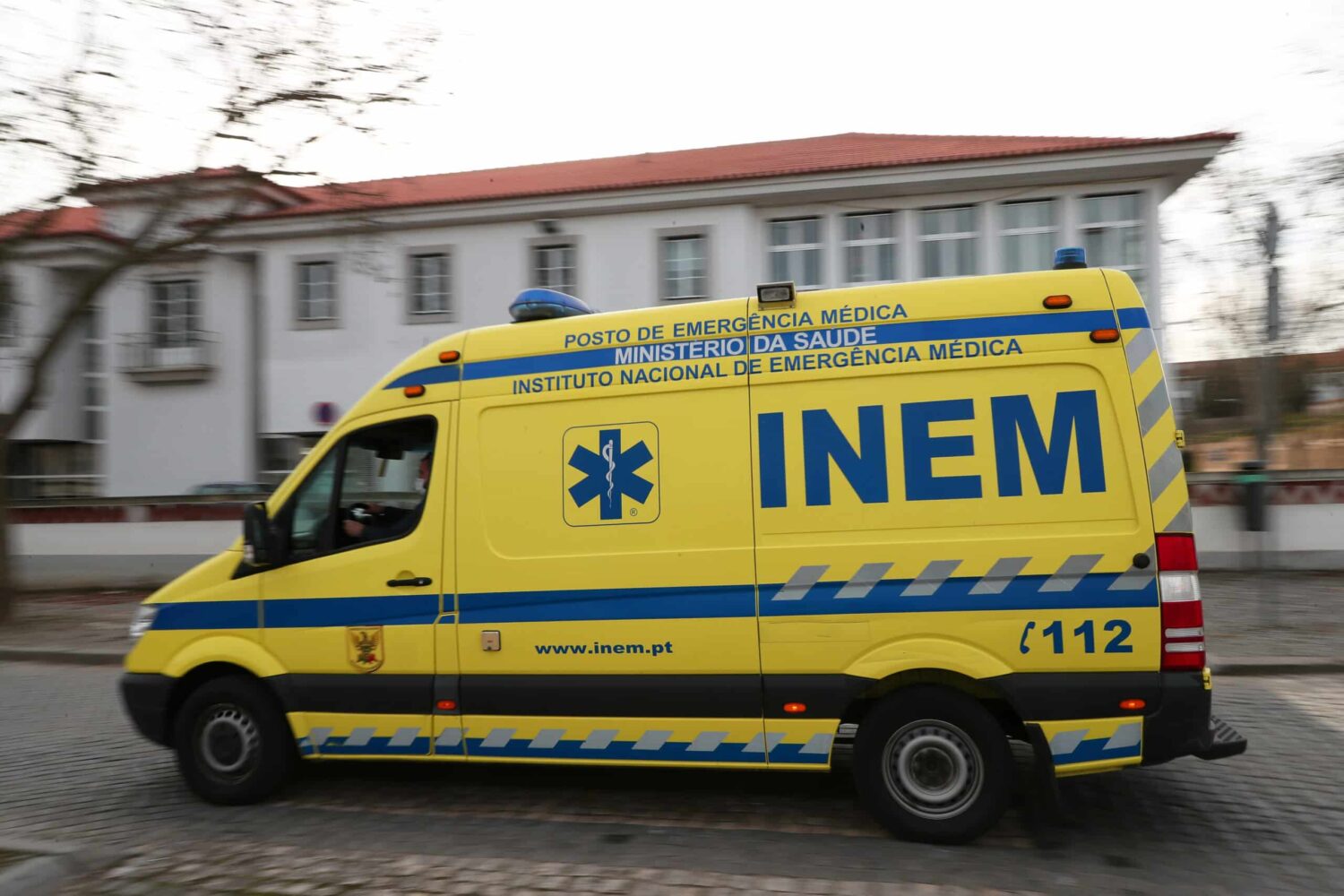Government “mortally wounded”
Last week’s ‘crisis’ – exacerbated by a strike by pre-hospital emergency technicians – got a great deal worse before it got any better.
Within days, the handful of deaths attributed to failures in INEM emergency response had risen to almost a dozen.
The government rapidly ‘announced a set of contingency measures’, including an emergency triage system for calls waiting more than three minutes. But this could not make up for the chronic shortage of ‘boots on the ground’ – the fact that INEM’s emergency response services are short of roughly 800 people, and this has been known for several years.
Thus, the reports of ‘emergencies’ left waiting, and people dying in the interim – or dying on their way to hospitals – filled news pages last week, leaving the government, in the eyes of political commentators, “mortally wounded”.
To be fair, STEPH – the syndicate of pre-hospital emergency technicians – has stressed that the situation has been bad for years, and that people in the past have paid for these shortcomings (sometimes with their lives).
In a statement, STEPH recalls that it “denounced incessantly several occurrences in which emergency response failings had tragic consequences for various citizens” between the years 2021 and 2023.
“Throughout the last few years, we have unfortunately witnessed the degradation of INEM and its emergency response capacity, and now – thanks to the intervention of this syndicate – we see some hope for improvement in the future.”
STEPH here was referring to its recent meeting with the Minister for Health, Ana Paula Martins, in which she showed that she understands their issues, and intends to deal with them.
For now, the constant ‘counting of deaths’ as people call 112 and remain waiting for ambulances to turn up has calmed.
Leader writers are still referring to this as the first “serious crisis” of the AD government – “the first deep wound to the image of the executive” as, rightly or wrongly, it has given citizens reason to examine (yet again) the integrity of institutions that are ostensibly in place to serve them.
On Monday evening, news bulletins were suggesting that the government could be held liable for the deaths that followed delays in response if it is concluded that it was the delays that caused the deaths.
By NATASHA DONN




















